

What is a Plate Heat Exchanger?
Plate Heat Exchangers are often used to separate primary and secondary circuits in HVAC systems. Those circuits may have different medium or static pressure conditions. Flow can be direct current or counter current.
Heat exchangers are extensively deployed in tall buildings to reduce the gravitational pressures provided by large water columns. Plate heat exchangers are also very common in District Heating and Cooling systems. Or in load circuits to heat potable hot water with a boiler.

Order the new Belimo Energy Valve™ now
Learn how the Energy Valve improves your plate heat exchanger
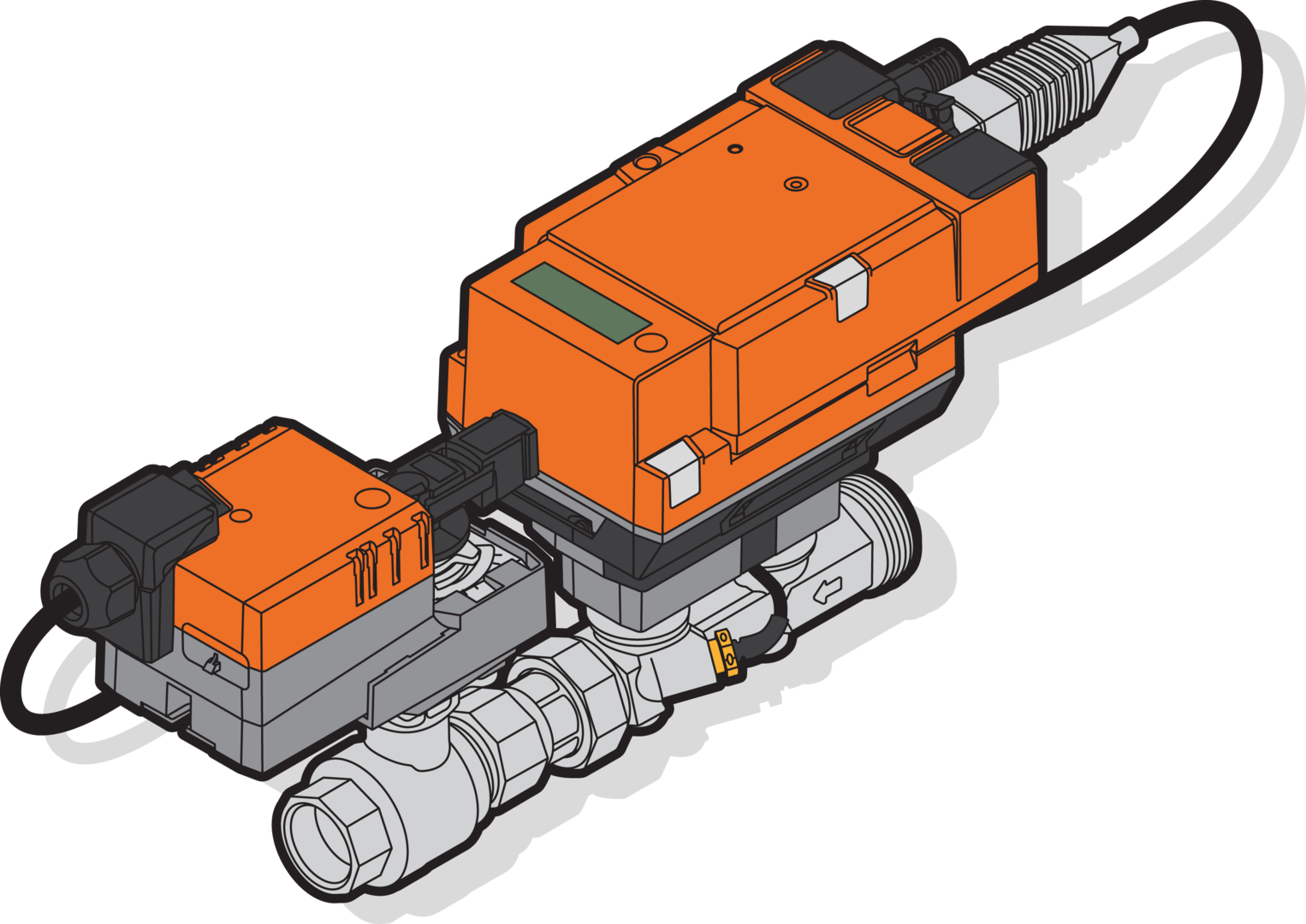
Common Issues in Buildings and Why You Should Choose the Belimo Energy Valve™
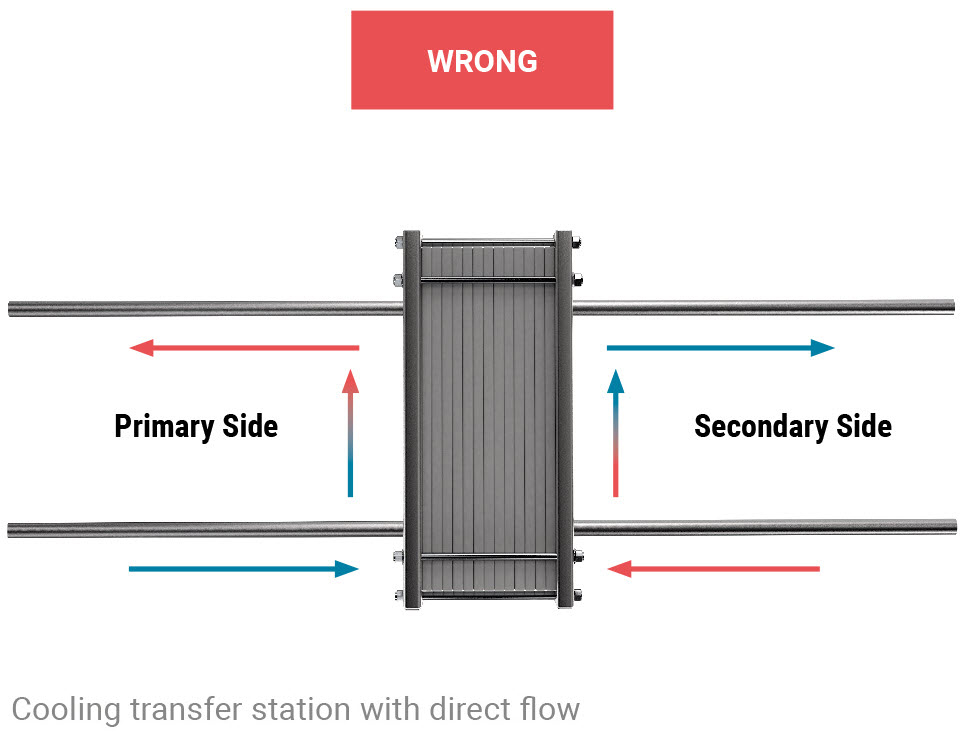
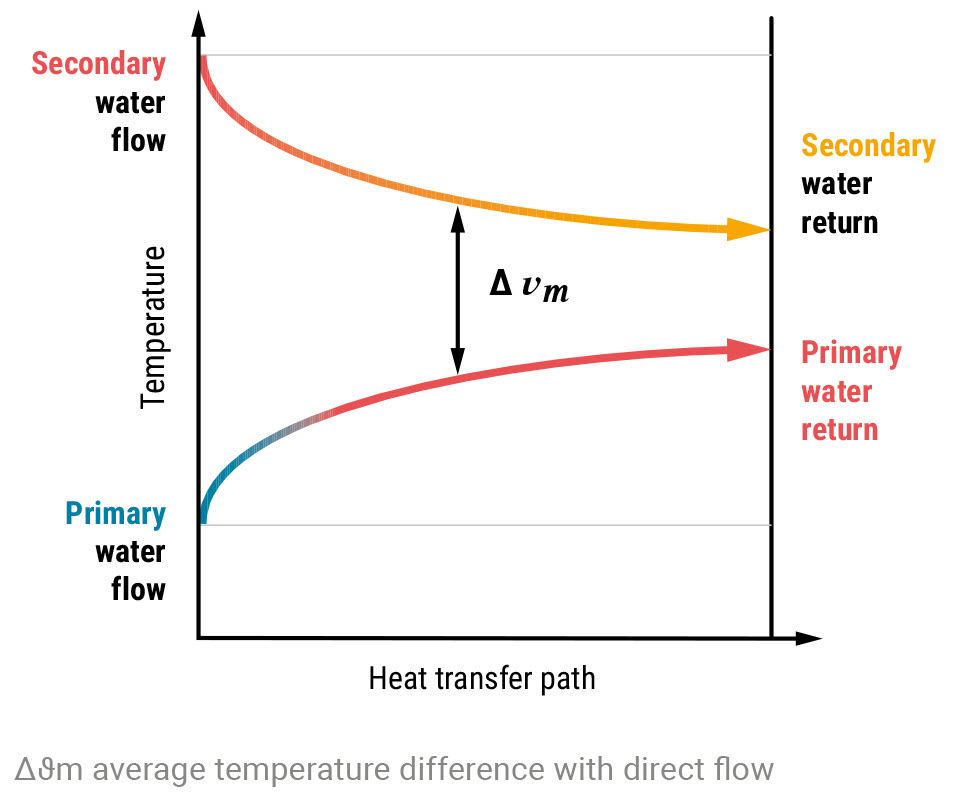
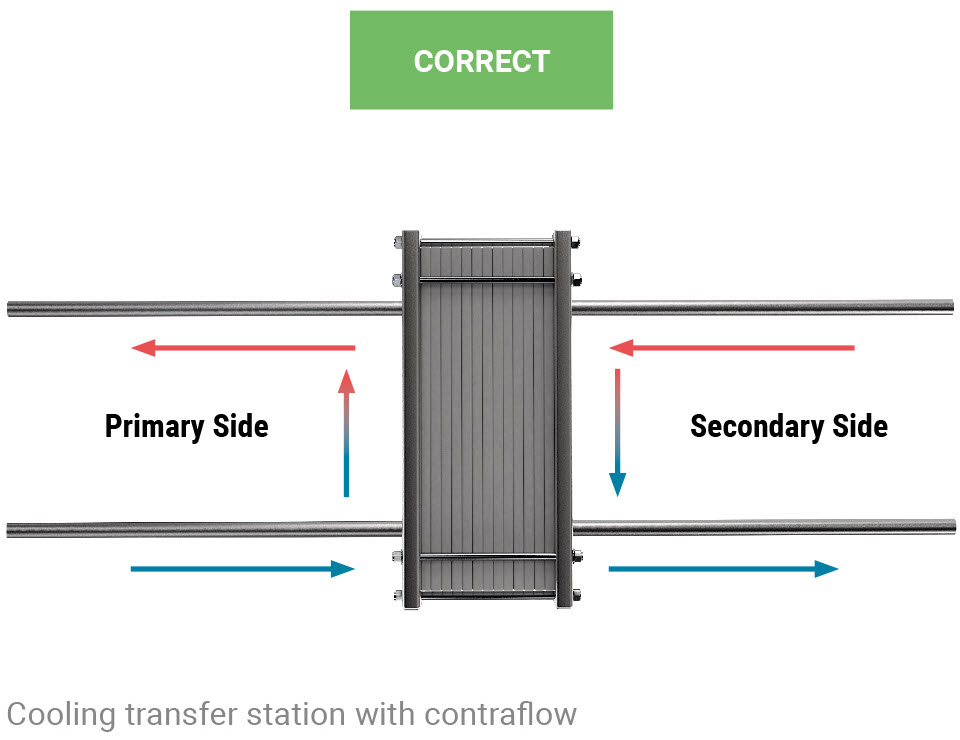
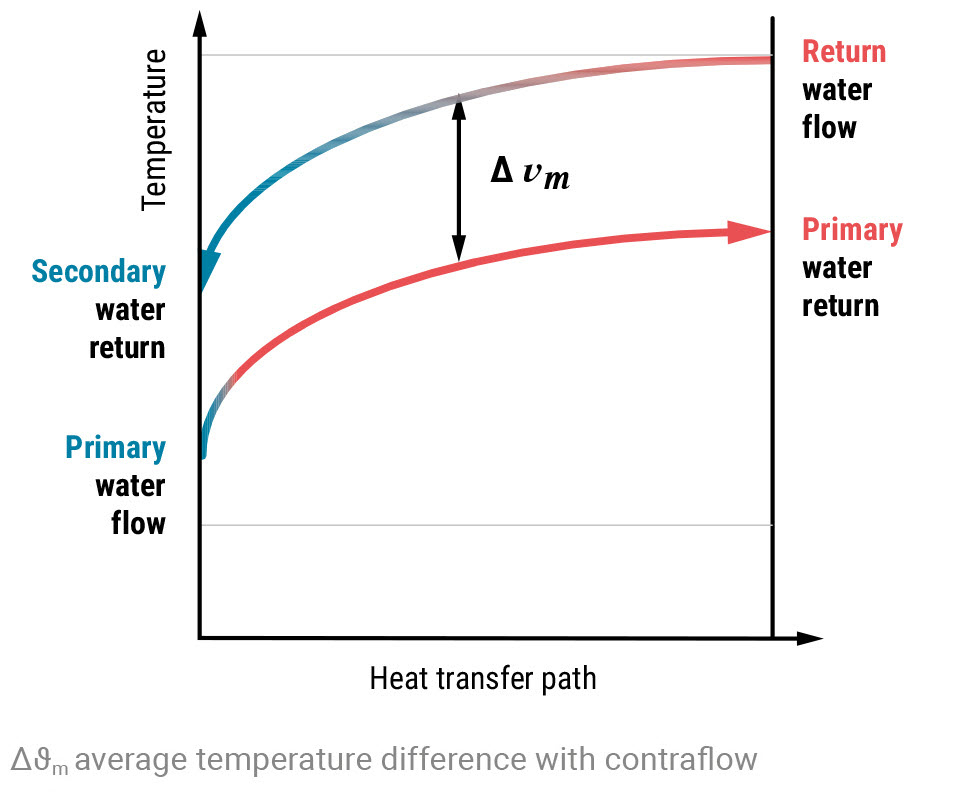

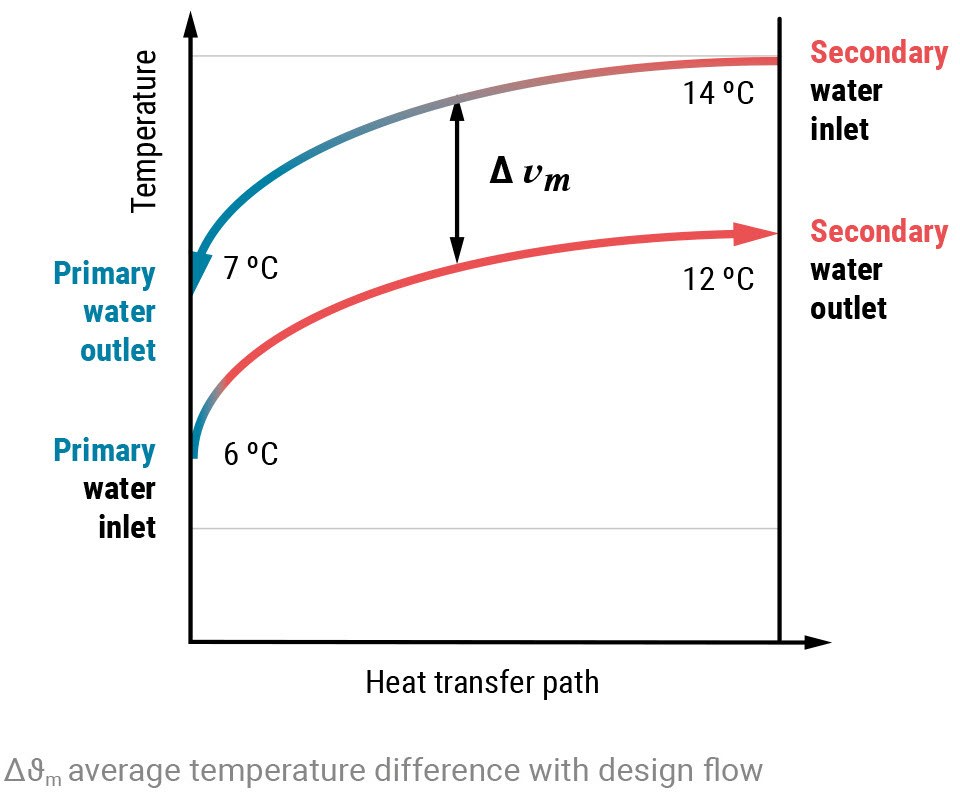
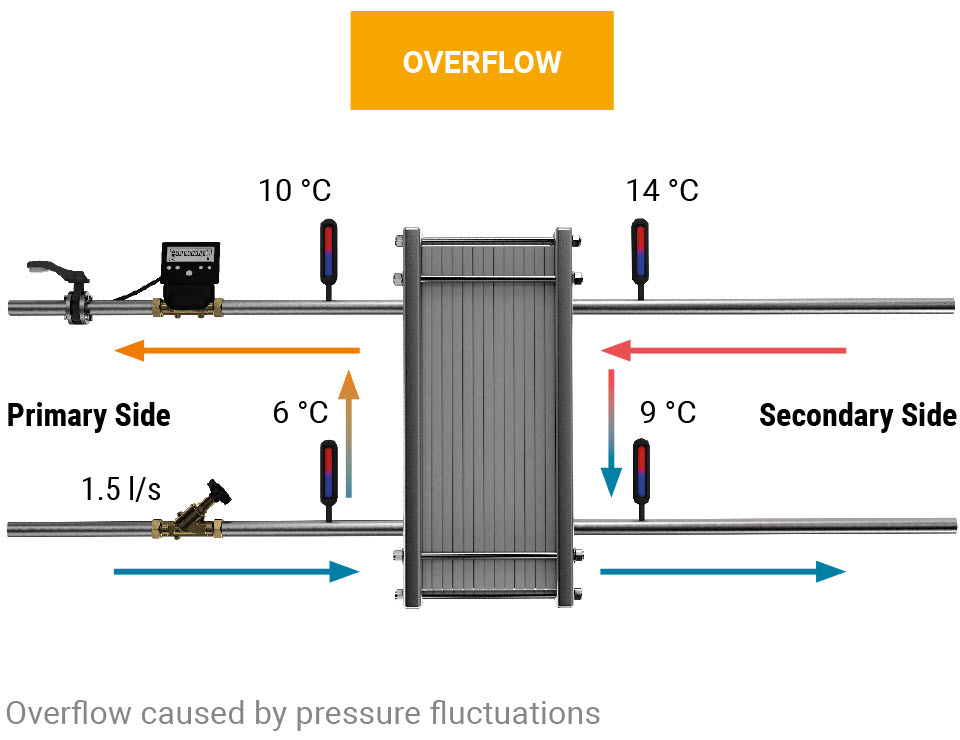
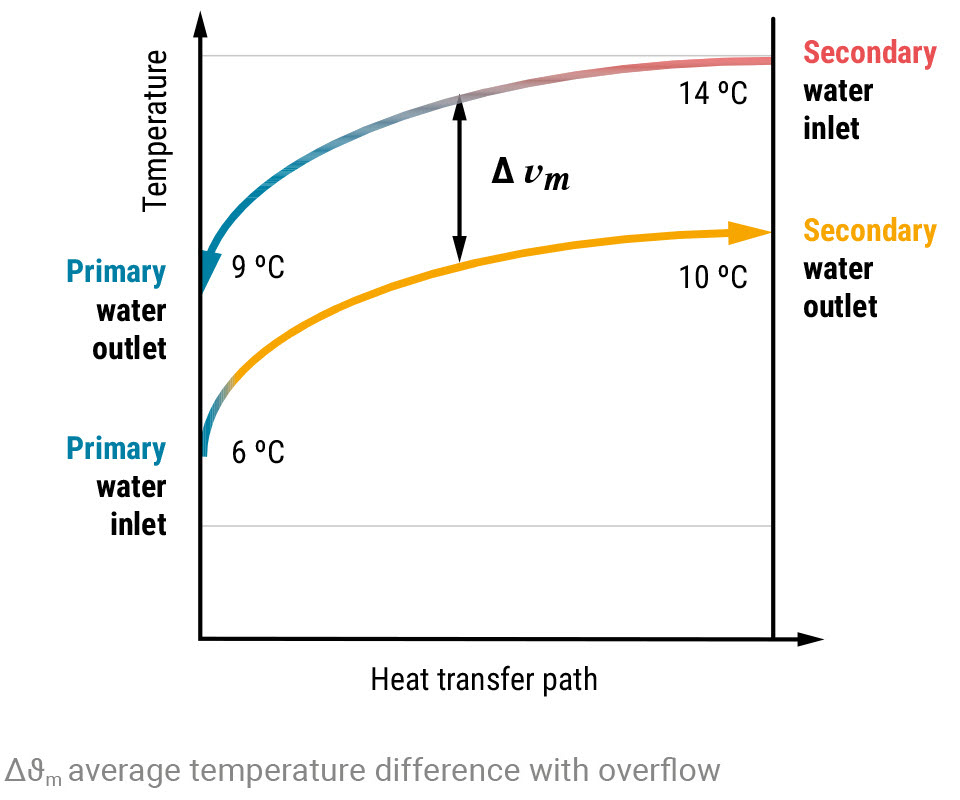

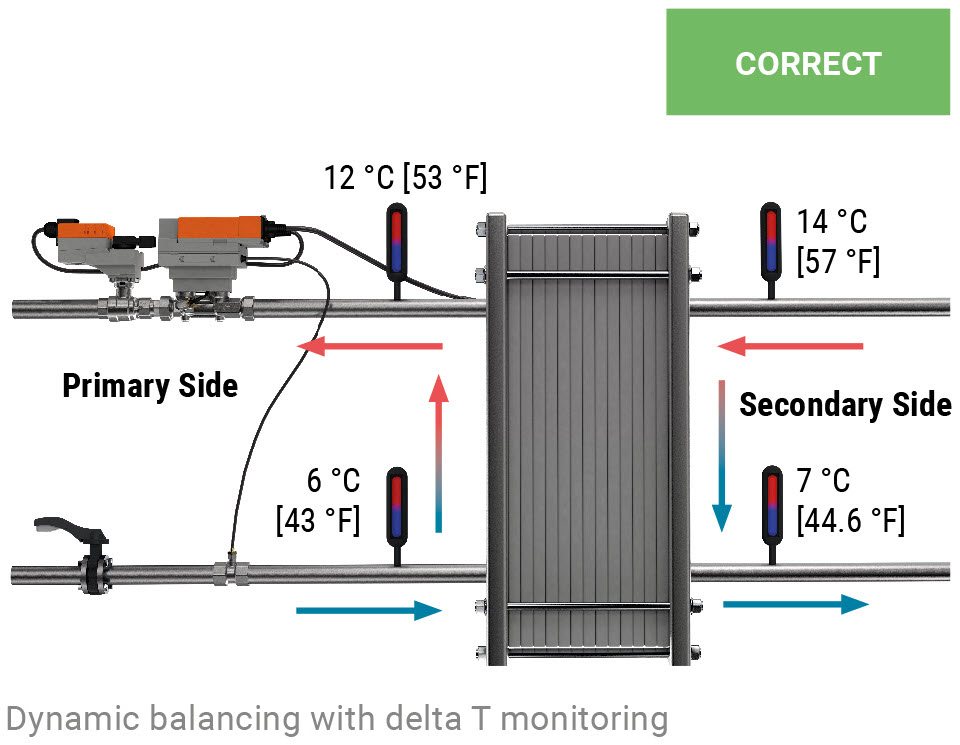
Success Story: Tennessee State Office Building

Citizens Plaza stands in the heart of Downtown Nashville. The Class A, 275,000 square feet,15-story office building was constructed in 1984 and houses multiple Tennessee governmental agencies. During a typical workday, it has anywhere from 800 to 1,200 occupants.“At Citizens Plaza, we were experiencing high utility thermal inefficiency charges from Metro Nashville District Energy System due to low Delta T and over pumping,” said Chad Lovell, Operations and Safety Specialist at JLL. After all, 15 Belimo Energy Valves became operational in Citizens Plaza, the average flow through the building during full occupancy reduced by over 200 GPM [12.6 l/s] versus the previous year when the original globe valves were still in place. As a result of the retrofit project, Belimo Energy Valves were able to reduce chilled water pumping by 49%, which equated to about $23,000 in annual savings.
-
Project Overview Video
-
Success Story - Tennessee State Building, USA
(pdf -
1.91 MB)
